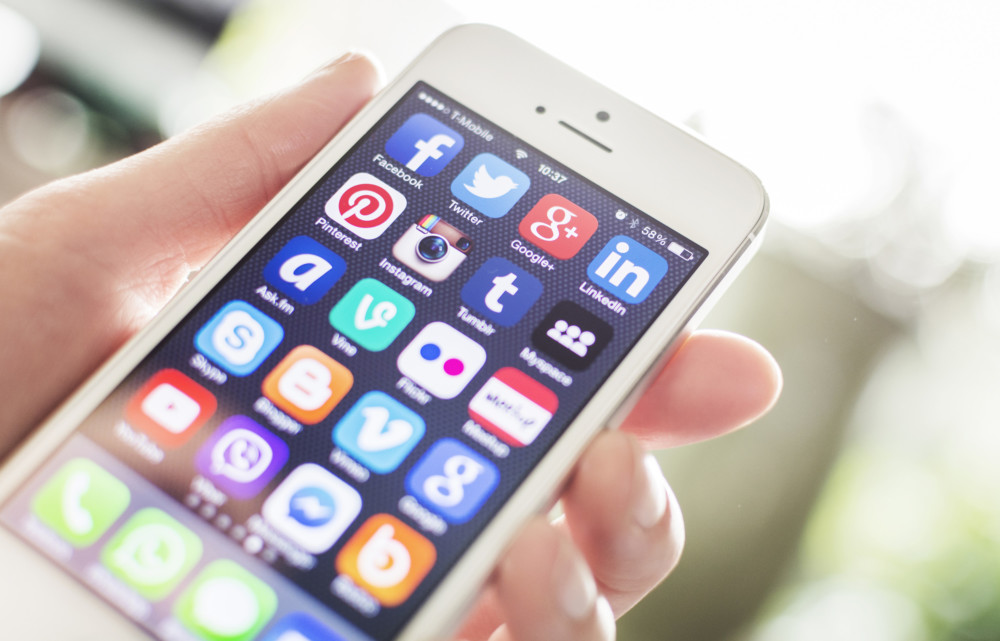By Cassandra Jaramillo
The Dallas Morning News
WWR Article Summary (tl;dr) As long as your online habits aren’t taking away from your personal or professional well-being, then keep scrolling on wisely. However, if you find yourself glued to your phone, you may want to take a moment to reflect on your behavior.
The Dallas Morning News
A digital detox can be healthy for everybody.
Within the last few years, social media platforms have become a bigger part of our everyday lives. In fact, researchers are finding that we are increasingly devoting more time to social media apps. Social media platforms take up nearly two hours of our time every day, according to research firm GlobalWebIndex.
Cal Newport, an associate professor of computer science at Georgetown University, admits he doesn’t have social media. But his op-ed in The New York Times recommends that it’s time we break up with our social networks.
“There are many issues with social media, from its corrosion of civic life to its cultural shallowness, but the argument I want to make here is more pragmatic: You should quit social media because it can hurt your career.”
But not so fast.
That’s a bit extreme in a world where relatives or friends who live hundreds of miles away are easily reached on social media.
Or when you’ve had success finding your next job through social media. Also, there’s plenty of folks whose jobs require them to use social media.
Sure, it’s a harmful habit when it takes over our lives, but here’s what’s right and wrong about quitting social media.
First: Yes, you should consider quitting. But as you wish.
Remove yourself for a day, a week or a year. Maybe remove certain apps from your social media diet?
Take time off from Instagram or Twitter, but if you want, keep Facebook to know how your sister’s kids are doing.
Anne Miller Morris, a clinical psychologist in Dallas, said she recommends finding the right balance.
“People can get stuck up on the social comparison, and there’s all sorts of research that shows it may be linked to depression and anxiety,” Morris said. “Scaling back [on social media] is about finding balance.”
According to the Pew Research Center, a study about social media and the workplace reveals that 78 percent of workers who use social media platforms for work-related purposes say social media is useful for networking or finding new job opportunities.
But Newport challenges users to do otherwise.
“My research on successful professionals underscores that this experience is common: As you become more valuable to the marketplace, good things will find you,” Newport said. “To be clear, I’m not arguing that new opportunities and connections are unimportant. I’m instead arguing that you don’t need social media’s help to attract them.”
He believes that job seekers should focus on honing their skills and being so good you can’t be ignored.
From my experience, making time to scour social networks for a job doesn’t sound like a waste of time. Sometimes, those very circles lead us to the next gig. How would Newport know how useful it could be if he’s never been on social media?
Miller does point out that our apps fill little time voids during our days, taking away time from, say, setting goals.
“If you’re at a stoplight, you check Facebook, or if you’re in bed, you look at Instagram. There’s no time for in-depth thoughts about careers and business,” Miller said.
Bottom line: As long as your online habits aren’t taking away from your personal or professional well-being, then keep scrolling on wisely.
___
(c)2016 The Dallas Morning News
Visit The Dallas Morning News at www.dallasnews.com
Distributed by Tribune Content Agency, LLC.
_____
PHOTO (for help with images, contact 312-222-4194):














































































































































































































































































































































































